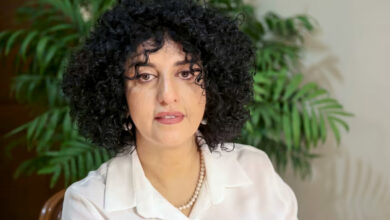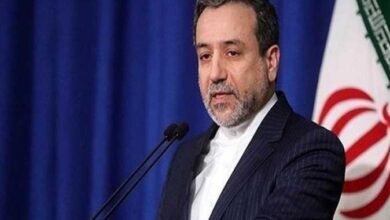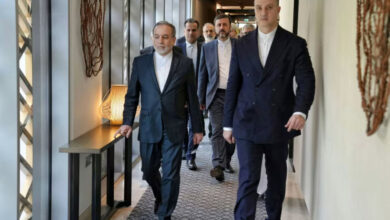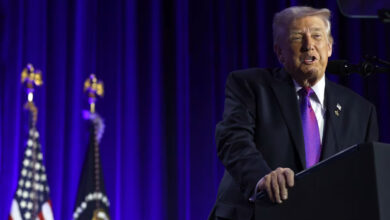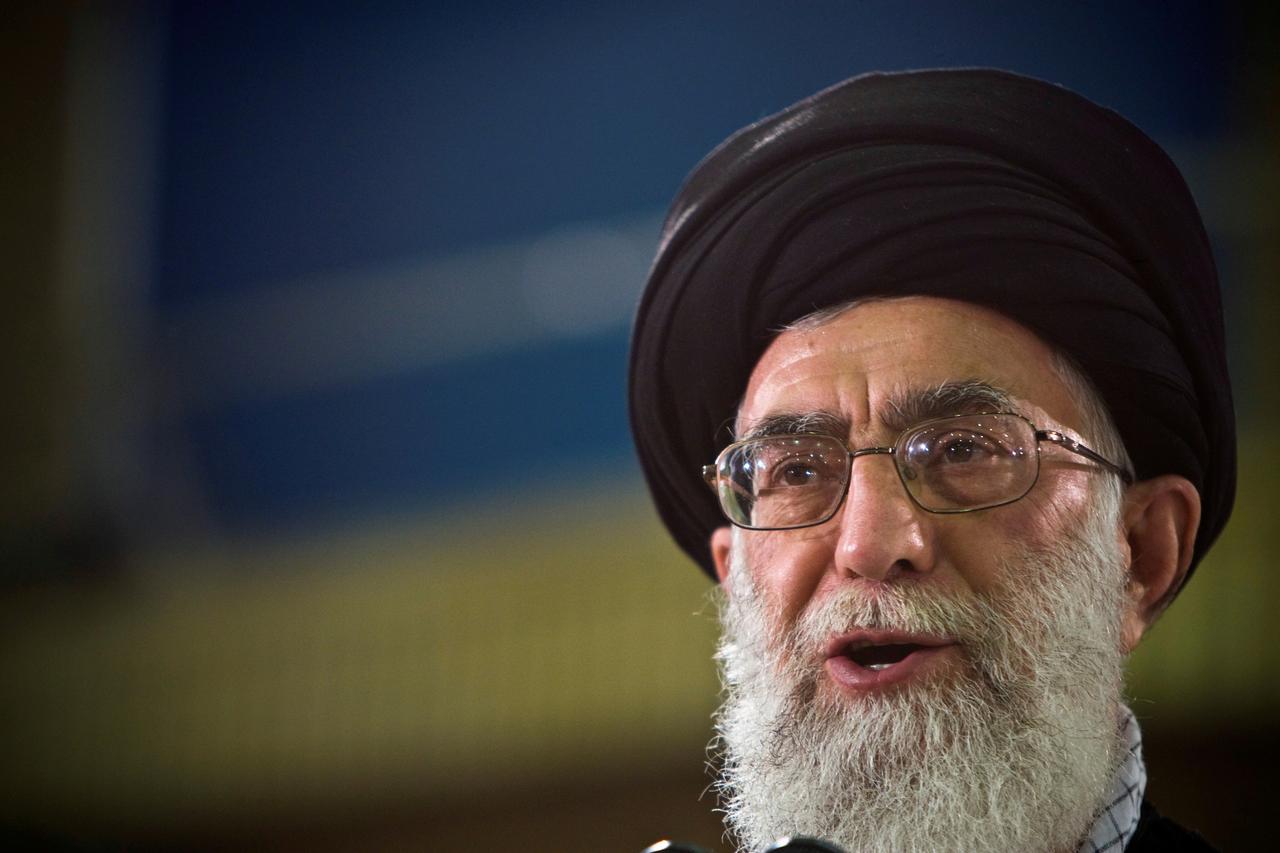
DUBAI (Reuters) – Iranian Supreme Leader Ayatollah Ali Khamenei on Sunday backed gasoline price increases that have sparked protests across Iran, blaming opponents of the Islamic Republic and foreign enemies for “sabotage”, state television reported.
“Some people are no doubt worried by this decision … but sabotage and arson is done by hooligans not our people. The counter-revolution and Iran’s enemies have always supported sabotage and breaches of security and continue to do so,” Ayatollah Khamenei said, according to state TV.
On Saturday, Iranian news agencies and social media said demonstrators chanted anti-government slogans around the country, with some protests turning violent, a day after the government increased the price of regular gasoline to 15,000 rials ($0.13) a liter from 10,000 rials and rationed it. Additional purchases would cost 30,000 rials per liter.
Officials said on Saturday that one person was killed in the southeastern city of Sirjan, while social media reports referred to several other deaths as riot police and security forces clashed with demonstrators in Tehran and dozens of cities across Iran on Saturday as protests turned political.
“Unfortunately some problems were caused, a number of people lost their lives and some centers were destroyed,” Khamenei said.
Khamenei said the increase in gasoline prices was based on expert opinion and should be implemented, but he called on officials to prevent hikes in prices of other goods, state TV added.
Internet access has been curbed in Iran at the order of a state security council, the semi-official news agency ISNA reported, following two days of protests against the rise in gasoline prices and rationing.
Internet blockage observatory NetBlocks said on Twitter late on Saturday: “#Iran is now in the midst of a near-total national internet shutdown; realtime network data show connectivity at seven percent of ordinary levels after 12 hours of progressive network disconnections as public protests continue.”
Meanwhile, police spokesman Ahmad Nourian warned: “Police has a no-tolerance attitude towards those disrupting order and security, and will identify their leaders on the ground and act against them,” the semi-official news agency Mehr reported.
Videos on social media showed riot police firing teargas and using clubs on Saturday to disperse protesters in several cities. A video on Twitter showed protesters torching a bank.
Videos posted on social media from inside Iran on Saturday showed protesters setting fire to buildings and clashing with riot police. In other videos protesters blocked roads and set fires in the streets in Tehran and some other cities. Some chanted slogans against top officials.
The videos and other images on social media could not be verified by Reuters.
Iran’s clerical rulers are anxious to prevent any repeat of unrest in late 2017, when people staged protests in 80 cities and towns over poor living standards, some calling on Shia Muslim clerical leaders to step down. Iranian officials said 22 people died in those protests.
Reporting by Dubai newsroom; Editing by Kim Coghill and Susan Fenton
Image: FILE PHOTO: Iran’s Supreme Leader Ayatollah Ali Khamenei speaks live on television after casting his ballot in the Iranian presidential election in Tehran June 12, 2009. REUTERS/Caren Firouz//File Photo

